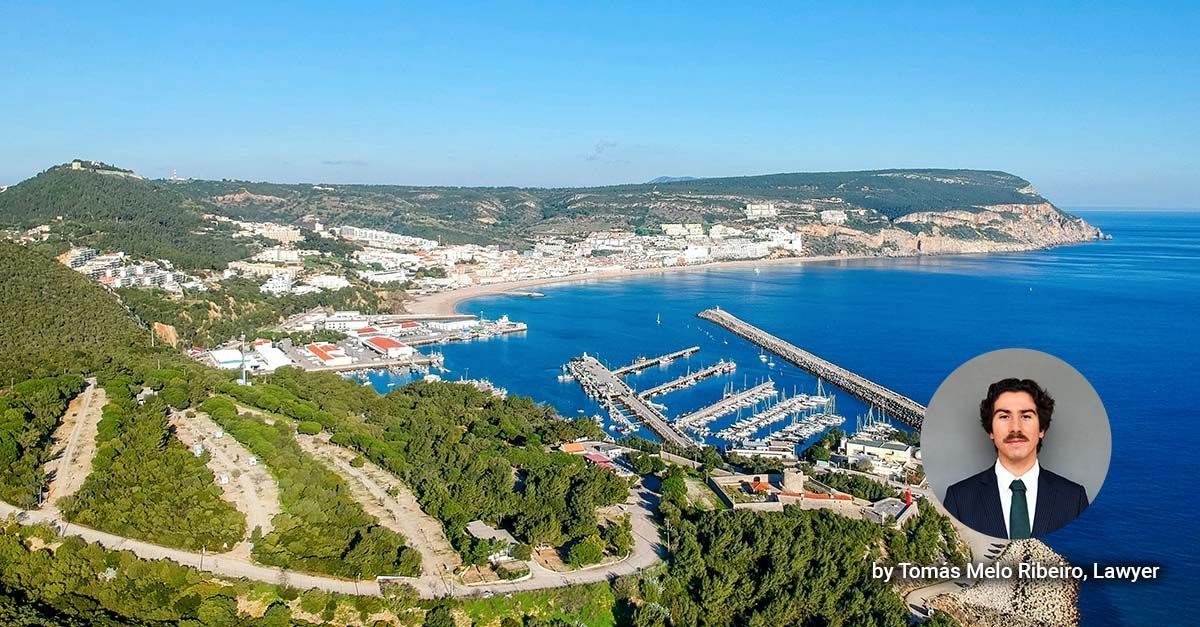State Budget 2023: What will change in the taxation of Crypto Assets

Rui Pedro Fonseca | Lawyer
Following the changes to crypto assets deriving from the entry into force of the Portuguese state budget, on 1st of January 2023, and for tax purposes, crypto assets are defined as “any digital representation, any digital representation of value or rights that can be transferred or electronically stored using distributed recording or similar technology”. Non-fungible tokens (NFTs) are excluded from this definition.
The taxation may occur within 3 different income categories:
- Business and professional income (B).
- Movable and immovable property capital gains (G).
- Capital income (E).
B - Business and Professional Income: Include the mining or validation of crypto assets' transactions through consensus mechanisms (staking) will be seen as income derived from a commercial and industrial activity when exchanged for fiat money.
The coefficient of 0.85 will be applicable to all services rendered within crypto assets, except mining (coefficient of 0.95 instead). Progressive tax rates up to 53% will be applicable to the taxable amount.
G – Capital Gains: A tax exemption will be applied to income resulting from the disposal of crypto assets held for a period of 365 days or more. On the other hand, a flat rate of 28% is applicable to gains from the disposal of crypto assets held for a period of less than 365 days. It is important to note that the holding period of crypto assets for exemption purposes is counted from the original acquisition date, even if the latter is dated from before the entry into force of this new taxation regime, on 1st January 2023.
E – Capital Income: Covers remuneration received in fiat money arising from passive investment in crypto assets that don’t imply its permanent transfer (e.g. staking delegation or off-chain, loan of crypto assets). In these cases, the flat rate of 28% will be applicable upon the gross income received.
Additionally, there is an exit tax whereby a taxpayer ceasing to be a tax resident in Portugal will be deemed as having disposed of the crypto assets and capital gains tax will be triggered as referred above.
If you have further questions regarding this matter,
get in touch with us and we will be delighted to assist you.











